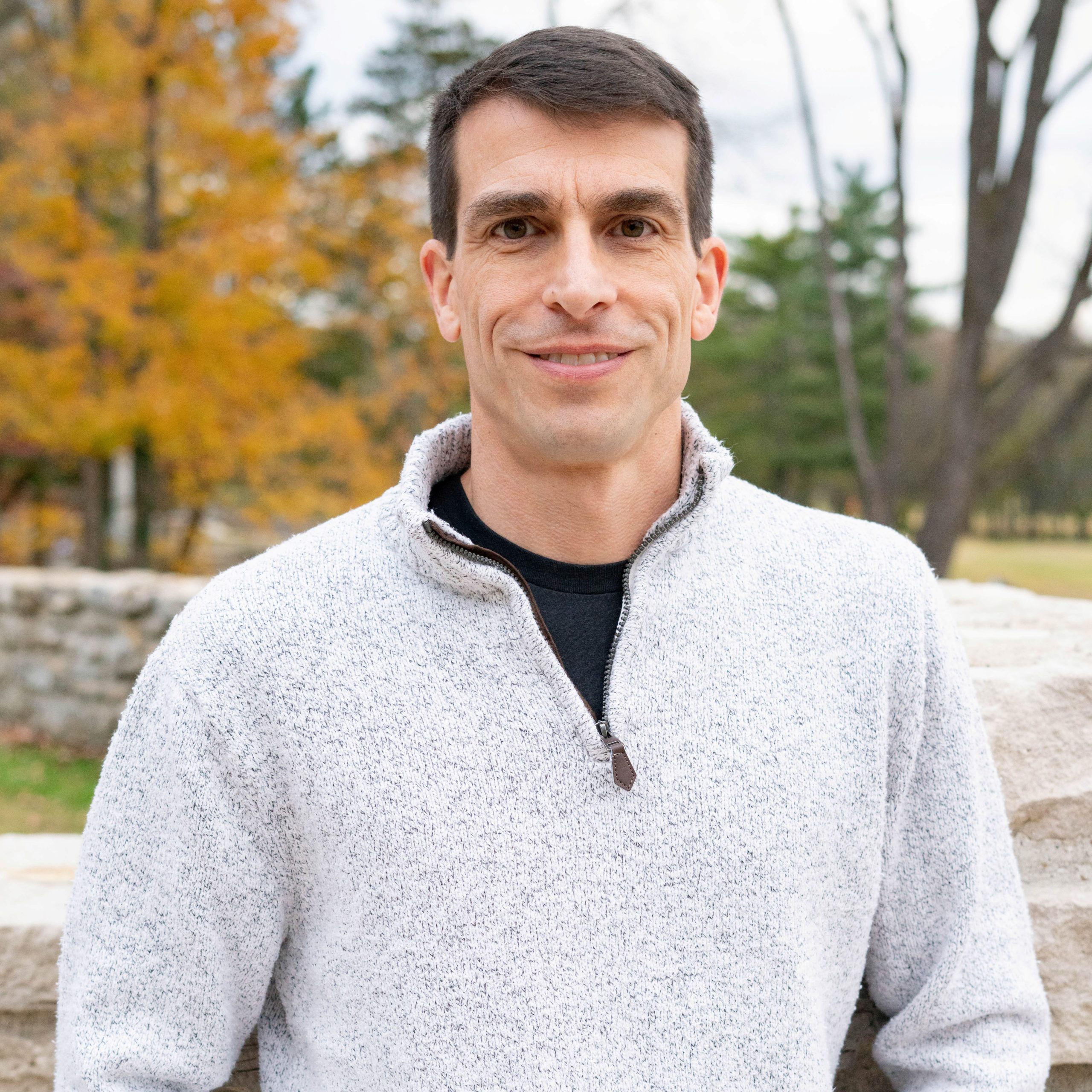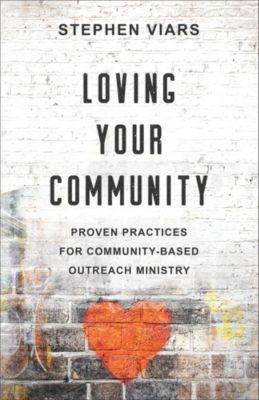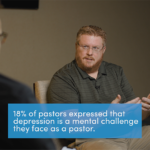
Everyone in our community needs Christ, but many times we can feel lost knowing how to help our congregation start connecting with people.
By Scott McConnell
Everyone in our community needs Christ, but many times we can feel lost knowing how to help our congregation start connecting with people. Answering these seven questions about your community will help you love your community better, pray for them more specifically, and highlight some needs God has already equipped your church to address.
1. What pain are people avoiding?
Many people in your community have had their identity, security, or worth wounded at some point in their past. One way you may see people respond to that pain is they consciously or subconsciously vow never to be hurt like that again. This quest may include not allowing anyone to get close to them, putting others down before someone can demean them, putting trust in guns or security systems, finding security in a gang, increasing their physical strength, or pursuing education.
Many attempts to avoid repeating past pains are not inherently bad, but they become evil when they have replaced a pursuit of God as the source of purpose and security. — @smcconn Click To TweetMany of these pursuits are not inherently bad, but they become evil when they have replaced a pursuit of God as your source of purpose and security. As you identify how people are avoiding their past wounds, you can seek to be a witness in places like a local gym. Or you can sponsor events on neighborhood safety, gun safety, or selecting a college that provides practical help on those subjects but also reveals the greater security and purpose found in Christ.
2. What pleasures are people pursuing?
A second way people deal with wounds in their past is to vow to get more of what brings pleasure in their life. Often, they pursue things to a dangerous degree. They may try to escape their wounds by becoming a workaholic, a helicopter parent, addicted to sex, addicted to alcohol, marijuana, drugs, or gambling, obsessed with food, sports, travel, or experiences, or binge on movies or TV.
As you share the love of Christ you can offer not an escape from this life, but a truly better life. — @smcconn Click To TweetAs the needs of your community are identified, your church can offer recovery programs, connect people to professional help, offer healthy parenting classes, and warn people of these dangers. As you share the love of Christ you can offer not an escape from this life, but a truly better life.
3. With what worldview lens are people viewing life?
There are three lenses that people may use to interpret events in their life:
Innocence / Guilt
Power / Fear
Honor / Shame
The Innocence / Guilt worldview believes being and doing right matters most. The Power / Fear worldview believes overcoming living in fear by tapping into power (often in the spirit world) matters most. The Honor / Shame worldview believes the honor and wellbeing of your group, tribe, or extended family matters most.
Each culture has a unique blend of the three worldviews. While the worldview in the United States has historically been Innocence / Guilt focused, elements of the other two worldviews have been growing and in certain places and situations can be predominant.
When you understand how people view the world around them, you can present the gospel in the most appropriate way. — @smcconn Click To TweetWhen you understand how people view the world around them, you can present the gospel in the most appropriate way. Jesus Christ is our savior from the guilt of sin, but also saves us from our greatest fears and worst shame. When Jesus is your Lord, there is no greater name in heaven or earth that can overpower Him. Followers of Christ are honored to be children of the King of Kings.
4. How do people personally interact?
Are people in your community coconuts or peaches? In her book The Culture Map, Erin Meyer describes different cultures around the world. People who interact like coconuts are closed and hard to get to know. However, once a relationship is slowly built it tends to last longer. People who interact like peaches are friendly with strangers but hard to ever reach a point of true friendship.
Knowing how people in your community interact can inform where you put the greater effort in your ministry. In coconut communities, you’ll need to put the most effort into making that slow steady investment in a relationship that requires something that brings you together regularly. In peach communities, you’ll need to put the most effort into taking easier surface relationships to a deeper level.
5. How do people build trust?
More than any other country, Americans build trust through doing tasks together. The practicality of the situation creates the work relationship. If you do your job and I like working with you, I will trust you.
The Culture Map contrasts this description of the U.S. with other countries who tend to build trust through relationships. Only after sharing personal time with you and knowing others well who trust you is trust built.
If you’re like the typical American, some of those you really trust right now are other parents on your kid’s soccer team, people on a committee with you, or those on your team at work. When they recommend a restaurant, or TV show, or local business, you trust them and try it. But when the season is over or the shared task goes away, you likely won’t stay in close touch with most of those individuals or past co-workers.
Understanding how trust is built in your community should impact how you connect with people in it. — @smcconn Click To TweetWe should want people to trust us and the message of hope we have to share with them. So, understanding how trust is built in your community should impact how you connect with people in it.
6. How do people view God?
Is God real or a human created myth? Which god are we talking about? Is God perfect or fallible? Does God owe us anything? As these questions illustrate, understanding how people view God in your community highlights different truths that need to be shared and emphasized.
In one sense, everyone is either accepting or rejecting God. But that oversimplifies the multitude of ways people can reject God. And those points of departure are often what we need to address in inviting them to be reconciled with God.
7. How do people view the Bible?
Some people believe the Bible is hurtful and contains hate speech. Some believe the words of the Bible are from men not God. Almost half of Americans consider the Bible fiction. And only half of Americans believe the Bible has the authority to tell us what we must do.
The truths we desire to share with others come from God’s Word. Many will see no reason to accept those words or ideas. The more we can share about the God who revealed Himself through His Word, the more these words will plant the seeds of wisdom (Proverbs 9:10).
Invite several leaders in your church to discuss your community together. Send them these seven questions ahead of time and encourage them to follow the links in this article to see some national data on these topics.
When you meet, discuss the answers to each question about your community. Pray for the needs that surface. As you articulate the characteristics of your community, look for ways God has already equipped your church to meet people where they are with the love of Jesus Christ.












